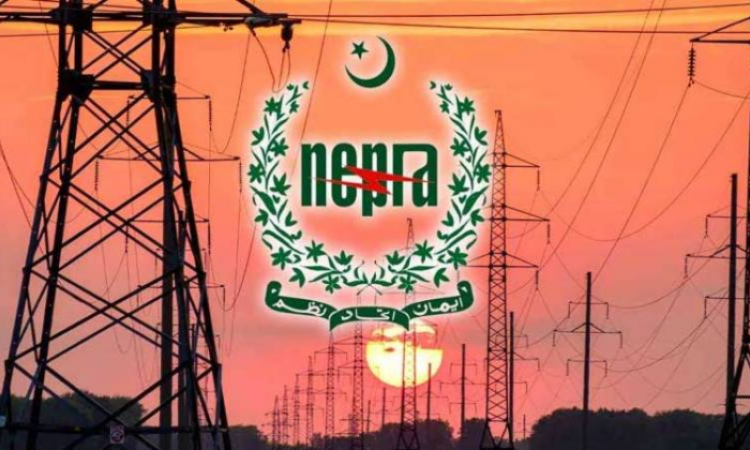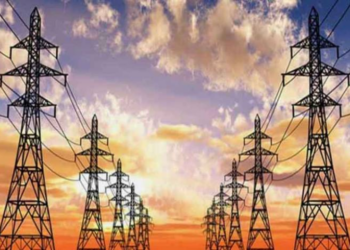Islamabad, March 28, 2025: The federal government has formally approached the National Electric Power Regulatory Authority (Nepra) to seek approval for a Rs1.71 per unit reduction in electricity tariffs. The proposed relief, which will be implemented through an increase in the tariff differential subsidy, is intended to ease the financial burden on consumers for the April to June 2025 period. However, lifeline domestic consumers will not be included in this adjustment.
Nepra has scheduled a hearing on April 4 to deliberate on the government’s request. If approved, the subsidy will be applied to all distribution companies, including K-Electric. The move aims to stimulate electricity demand and ease consumer costs, especially after Nepra determined the national average tariff for FY 2024-25 at Rs35.50/kWh, while the government had notified a lower rate of Rs32.99/kWh for October 2024 onwards, bridging the gap through subsidies.
In a related development, the International Monetary Fund (IMF) has approved a Re1 per unit reduction in electricity tariffs, extending relief to all consumers. The IMF clarified that this subsidy would be financed by revenues from a levy imposed on captive power plants using gas. This relief measure follows a staff-level agreement (SLA) between Pakistani authorities and the IMF as part of the country’s 37-month bailout program, ensuring fiscal stability while addressing energy sector challenges.
Additionally, independent power producers (IPPs) have proposed a tariff reduction of up to Re0.50 per unit and agreed to waive Rs11 billion in late payment surcharges—on the condition that the government drops ongoing legal proceedings into alleged excessive profits. Meanwhile, negotiations are underway with 75 more power producers, mostly in the solar and wind sectors, with the potential to save Rs3.498 trillion in future payments despite facing international resistance. These measures reflect the government’s broader strategy to revise power agreements and stabilize the energy sector while balancing consumer relief with fiscal responsibility.








